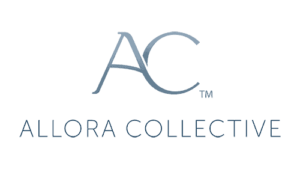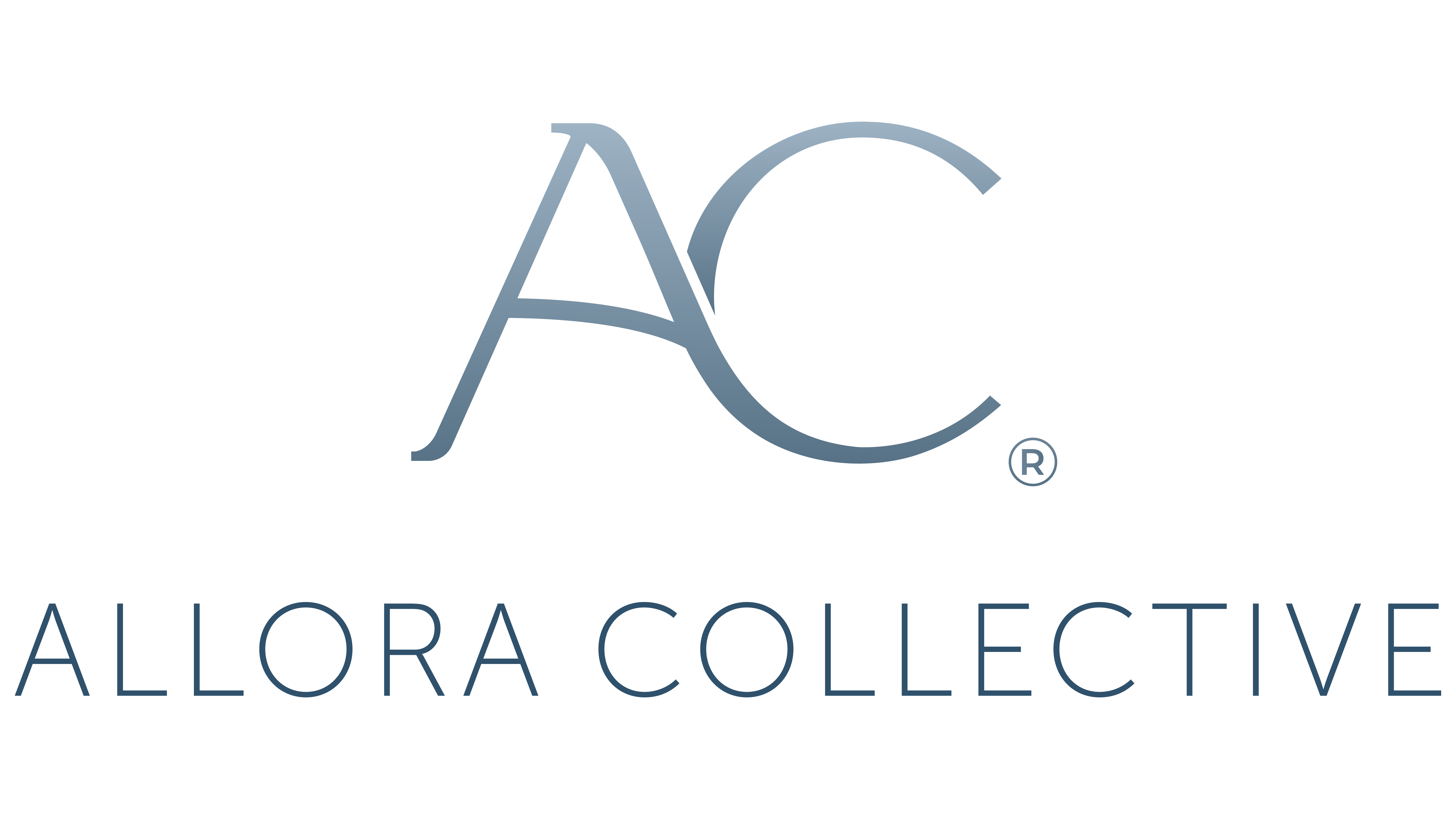
Ask Them ‘What Is The Salary Range Of The Role?’ Before They Ask You What You’re Looking For

Stop being nervous about an interviewer asking you what salary you are looking for and start asking them what salary range they are prepared to offer. While some job posts include a salary range, this does not mean you shouldn’t ask them in the first interview what they have budgeted for the role you are considering. Candidates should qualify the job and the company’s intentions during the interview process and confirming if they have a compensation package that is within the job market’s competitive value for the job is a great place to start.
When you interview for a job, you are interviewing for the salary and total compensation range aligned with that job title, its requirements, responsibilities, competencies, and location. In some cases for remote jobs, the salary range will be adjusted based on where you are a legal resident. These are the benchmarks for a salary range. Your salary and compensation for a new job should not be based on your salary history, it should match the market value of the job.
In some locations, companies are required by law to include the salary or total compensation range in the job post. You may find ranges posted with the job that don’t seem realistic because there is a big difference between the low and high number. These are typically referring to the total compensation of the role which may include stock or equity packages, bonuses, etc.
Do your research before the interview.
Regardless if the salary range is posted with the job description, you should still search for market data to confirm it. There are websites with salary calculators, staffing agencies that publish free salary guides every year and many other resources of this data. You can easily use Google or another search engine and find these resources.
*If you’re having trouble finding this data or need help book a free session with one of our coaches
During the first interview, ask them what salary range they have budgeted for the job.
Ask them this question before they ask you what salary you are looking for and if they respond by asking you, then repeat the question and ask them again. If the recruiter or interviewer asks what salary you’re looking for before you ask them, then, you respond “I’m prepared to accept the competitive market rate for this role, what salary and total compensation range are you prepared to offer?”
If they resist and ask you again, don’t panic, simply respond “I cannot tell you where in that range I belong until I have a better understanding of the role and team, please tell me the range you have benchmarked so we know if moving forward is appropriate for both of us.”
As you move through the interview process you will learn more about the expectations of the job, the commitment and the dynamic of the team you will be working with. These are all factors that affect your ability to negotiate effectively if you reach the offer stage. Keep in mind that the team is also evaluating you as a candidate and sometimes considering your potential growth path when they determine your offer.
There are different versions of this answer and we personalize our advice for each client so they feel comfortable, prepared and confident with this conversation. Our coaching programs allow us to be on-call during the offer stage, guiding our clients through every conversation and sometimes multiple negotiations at the same time. Our success rate speaks for itself and we’re here to help you too!
Book a free consultation with an Allora coach and we’ll help you prepare for this conversation.
Read our testimonials here to learn more about the results of our personalized interview coaching and offer negotiation programs!
Kelly Kugler
Kelly is the Founder of Allora Collective, a career manager with two decades of experience, and a relocation strategist for expats and digital nomads in the US, Europe, and LATAM. After creating talent programs for startups and global companies, including General Assembly, NFL, and Booking.com, she built Allora Collective. She manages the careers of individuals providing one-on-one coaching and partners with companies to customize workshops and coaching packages for their teams.



